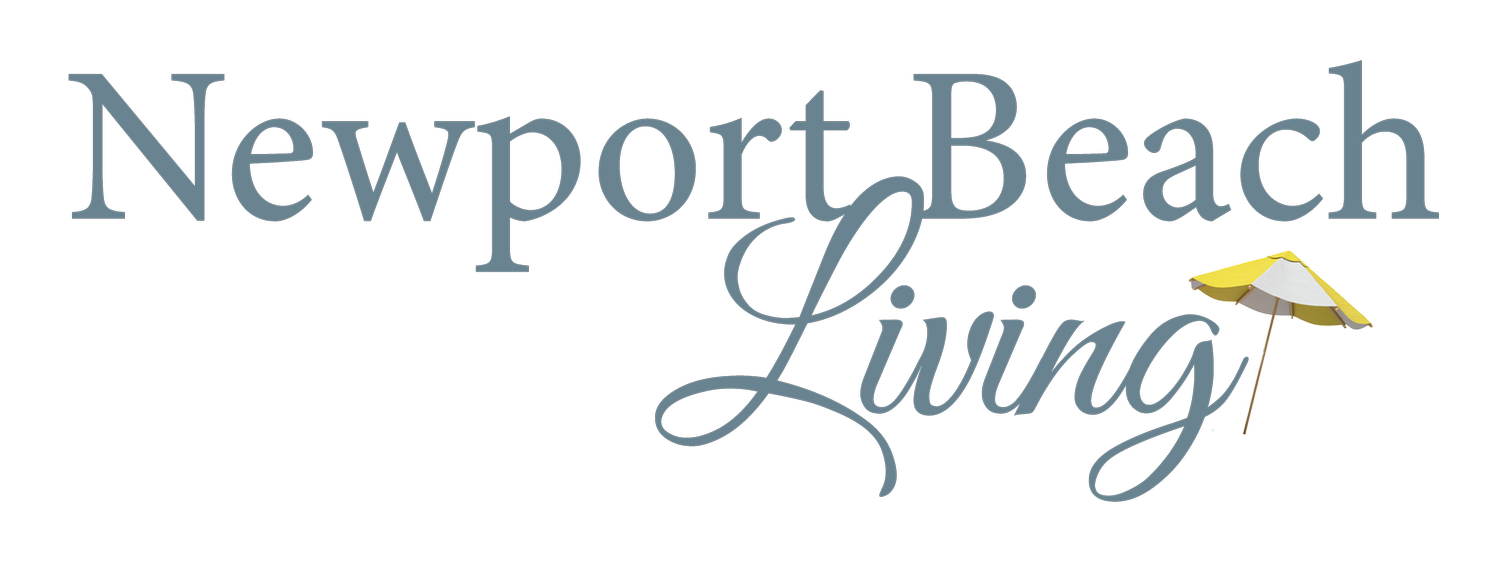October: ADHD Awareness Month
By: Karen Odell-Barber
During October, recognized globally as ADHD Awareness Month, it’s essential to reflect on the significance of this condition and its impact on the lives of millions of people. ADHD, or Attention-Deficit/Hyperactivity Disorder, is more than just a childhood condition—it is a lifelong neurodevelopmental disorder that affects individuals across all stages of life. As an adolescent therapist, educational consultant and CEO of a brain health technology company, I’m dedicated to shedding light on ADHD, its signs and symptoms, the challenges it presents in academic and professional settings, and the non-medication interventions available to support those affected.
ADHD is characterized by a persistent pattern of inattention, hyperactivity and impulsivity. While these symptoms can vary widely among individuals, there are several common signs to look out for:
Inattention: This includes difficulty sustaining focus, being easily distracted, forgetfulness in daily activities and problems with organization. People with ADHD often struggle to follow through on tasks or lose items necessary for tasks or activities.
Hyperactivity: This symptom is more prevalent in children but can persist into adulthood. It involves excessive fidgeting, an inability to stay seated in situations where it is expected and a general sense of restlessness.
Impulsivity: Impulsive behaviors may manifest as hasty decisions without considering the consequences, interrupting conversations, or an inability to wait one’s turn in situations like queuing.
These symptoms can create significant challenges in both academic and professional environments, where focus, organization and self-regulation are often crucial to success. The consequences of untreated or poorly managed ADHD can be profound.
In academic settings, students with ADHD may struggle with completing assignments, adhering to deadlines and maintaining attention during lectures. This often leads to lower academic performance, increased rates of school dropout and a heightened risk of anxiety and depression.
In the professional world, ADHD can impair productivity, lead to frequent job changes and hinder career advancement. Adults with ADHD might find it difficult to manage time effectively, meet deadlines and maintain organized workspaces. These challenges can result in feelings of frustration, low self-esteem, and stress, further exacerbating the difficulties associated with the disorder.
While medication is a common treatment option for ADHD, it does not treat the root cause and is certainly not the only path to improving cognitive function and managing symptoms. There are several non-medication interventions that can be highly effective:
Cognitive Behavioral Therapy (CBT): CBT helps individuals with ADHD develop strategies for managing time, staying organized and reducing impulsivity. It also addresses any co-occurring anxiety or depression.
Mindfulness and Meditation: Practicing mindfulness can improve attention and reduce impulsive behaviors. Meditation techniques, such as focused breathing exercises, help in calming the mind and enhancing concentration.
Diet and Exercise: A balanced diet rich in whole foods, vitamins and minerals can support brain health. Regular physical activity, particularly aerobic exercise, has been shown to improve attention, mood and cognitive function.
Technology-Assisted Interventions: Brain health technologies, such as brain mapping and cognitive optimization programs, offer personalized interventions that can help individuals with ADHD enhance their focus, memory, and executive functioning.
ADHD Awareness Month serves as a crucial reminder of the importance of recognizing and addressing this condition. By understanding the signs and symptoms of ADHD and exploring both medical and non-medication interventions, we can help those affected lead more productive and fulfilling lives. As a community, let’s continue to raise awareness, reduce stigma, and support the development of innovative solutions that enhance brain health for all.
Please visit Neurologics.com or make an appointment at our new assessment center in Fashion Island for more information on Neuroengineering, Brain Mapping and elite brain optimization.
Listen to the Tackling Brain Health Podcast, now playing on YouTube, Spotify and Apple Music.
Tackling Brain Health explores the cutting-edge realm of brain imaging and optimization. From personal journeys to expert insights, each episode delves into the transformative power of neuroscience, sharing real stories of triumph over mental health challenges and unlocking the full potential of the human mind.

